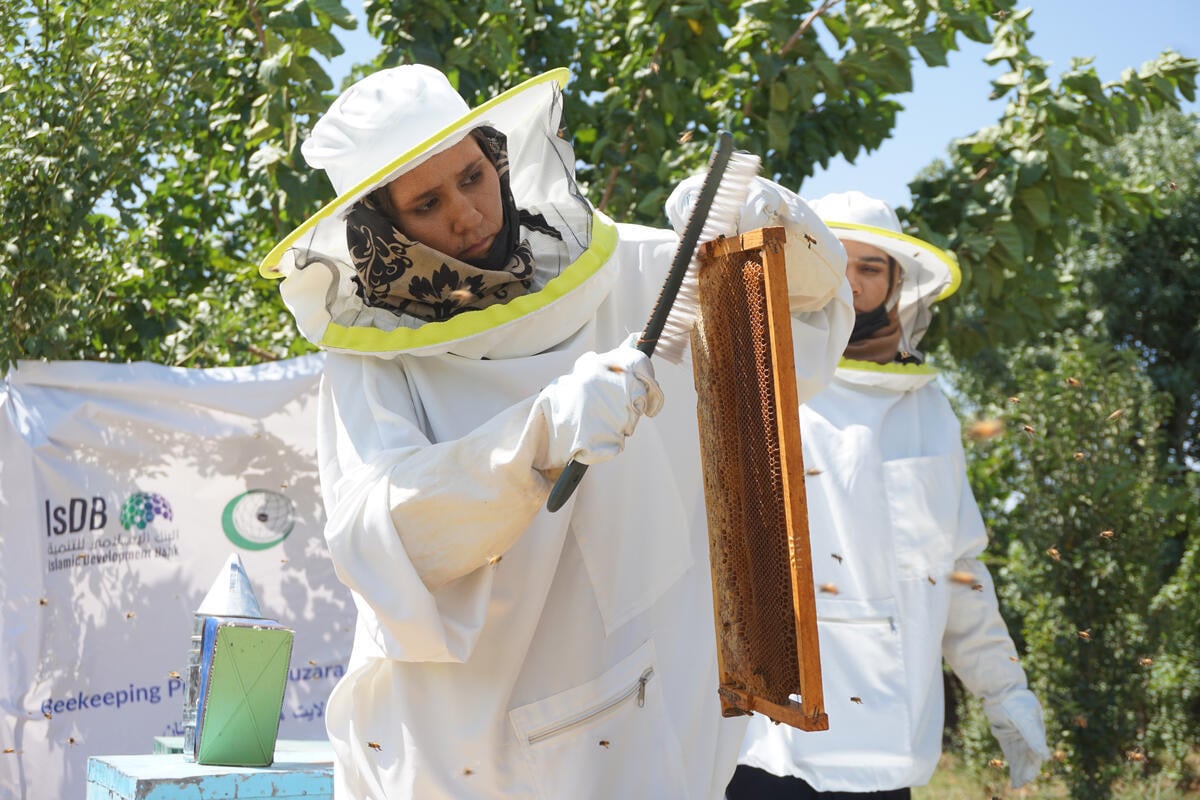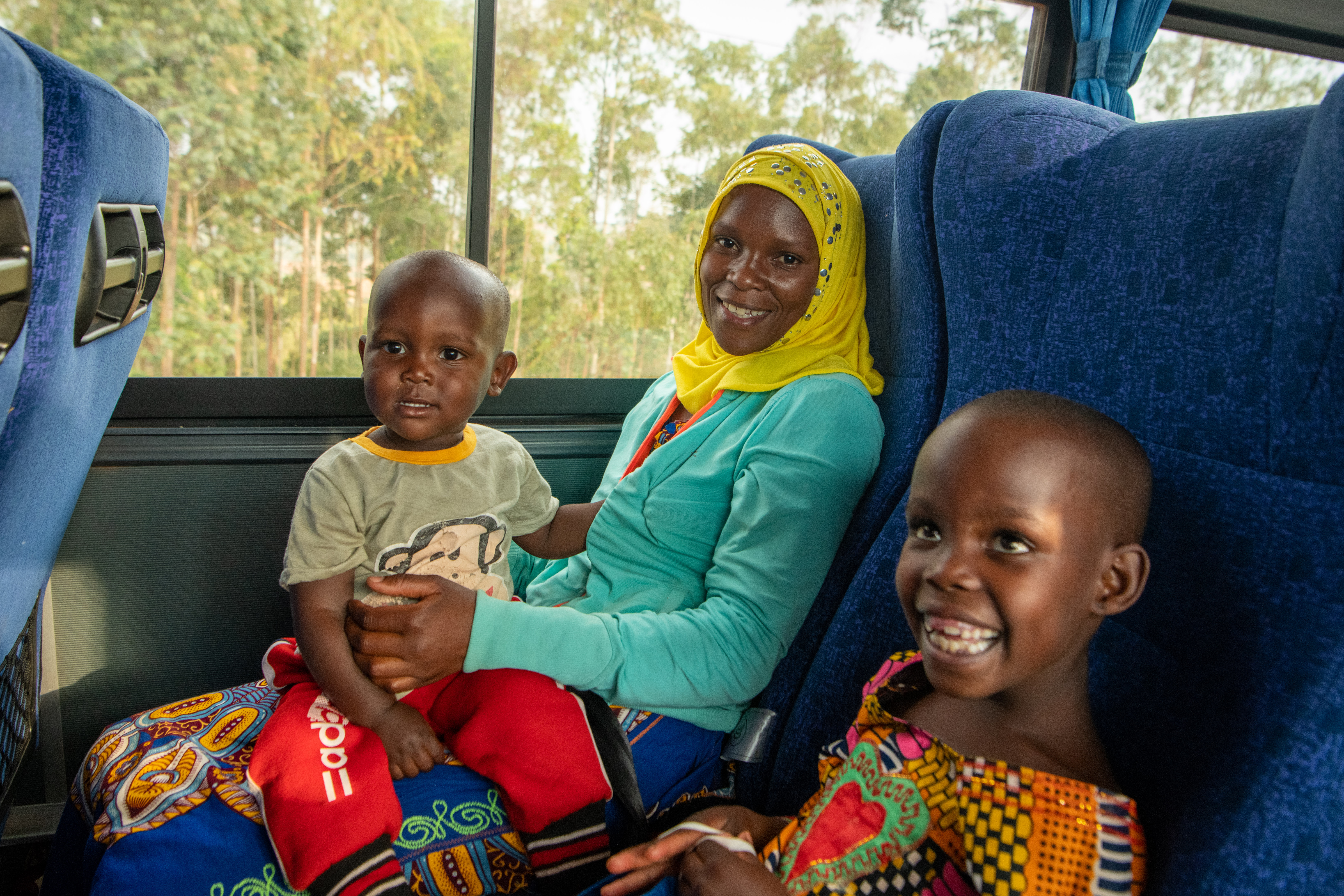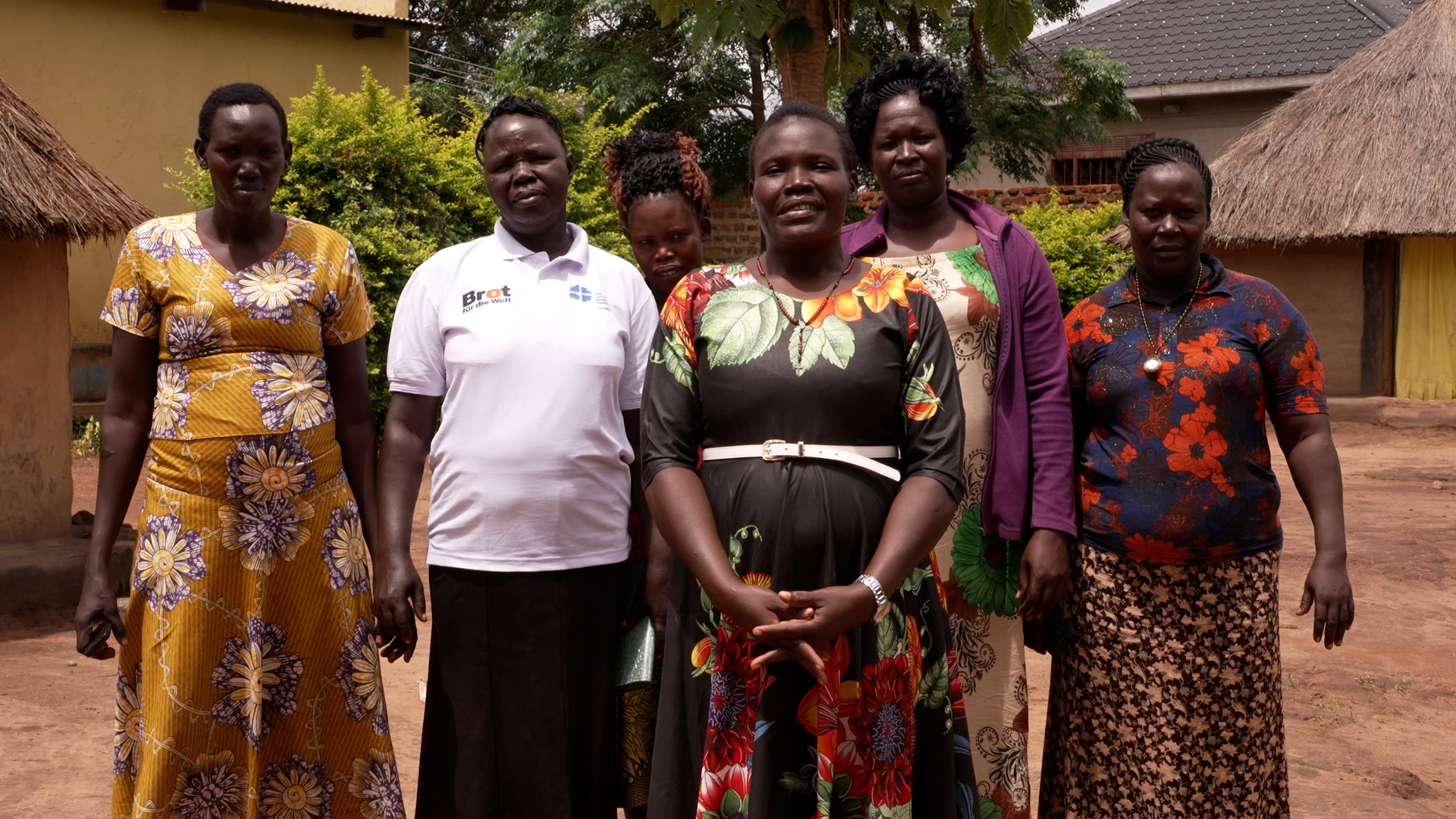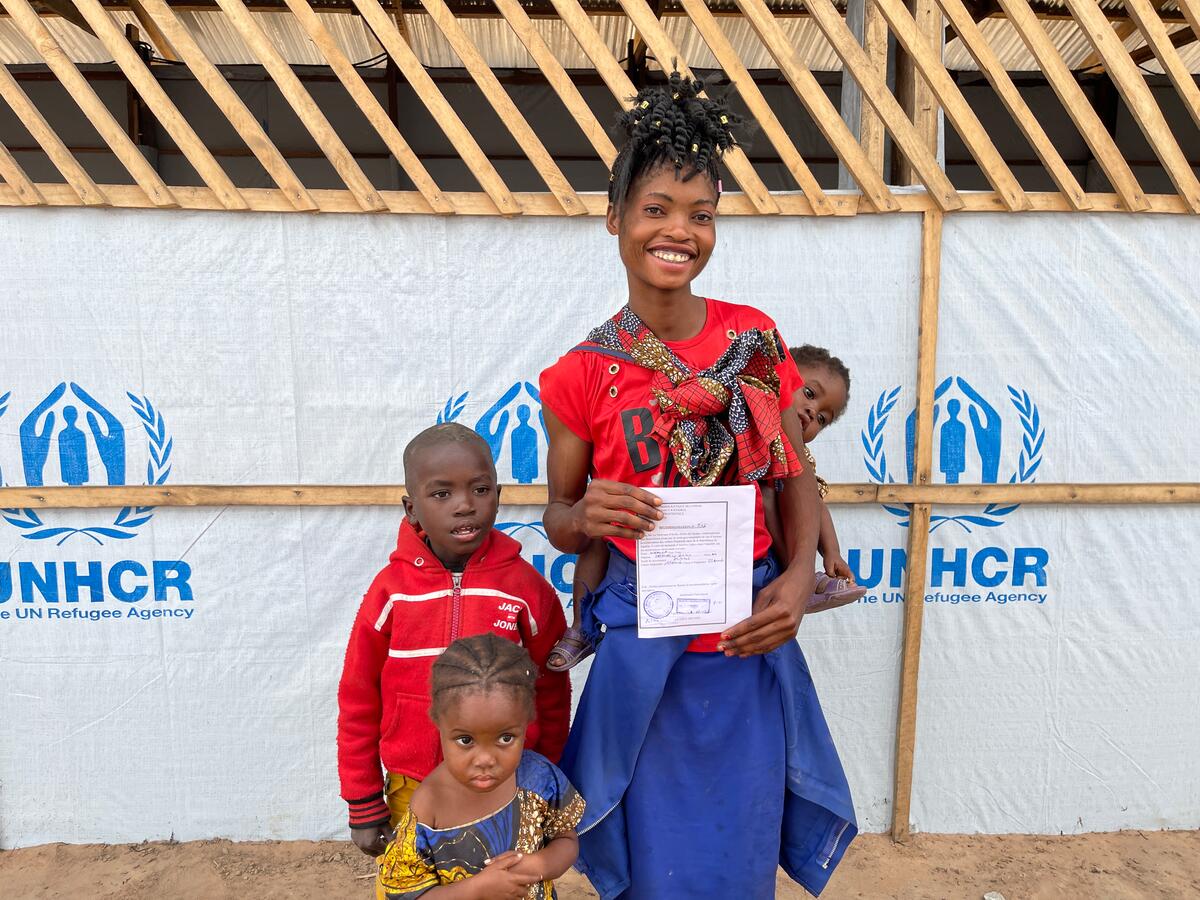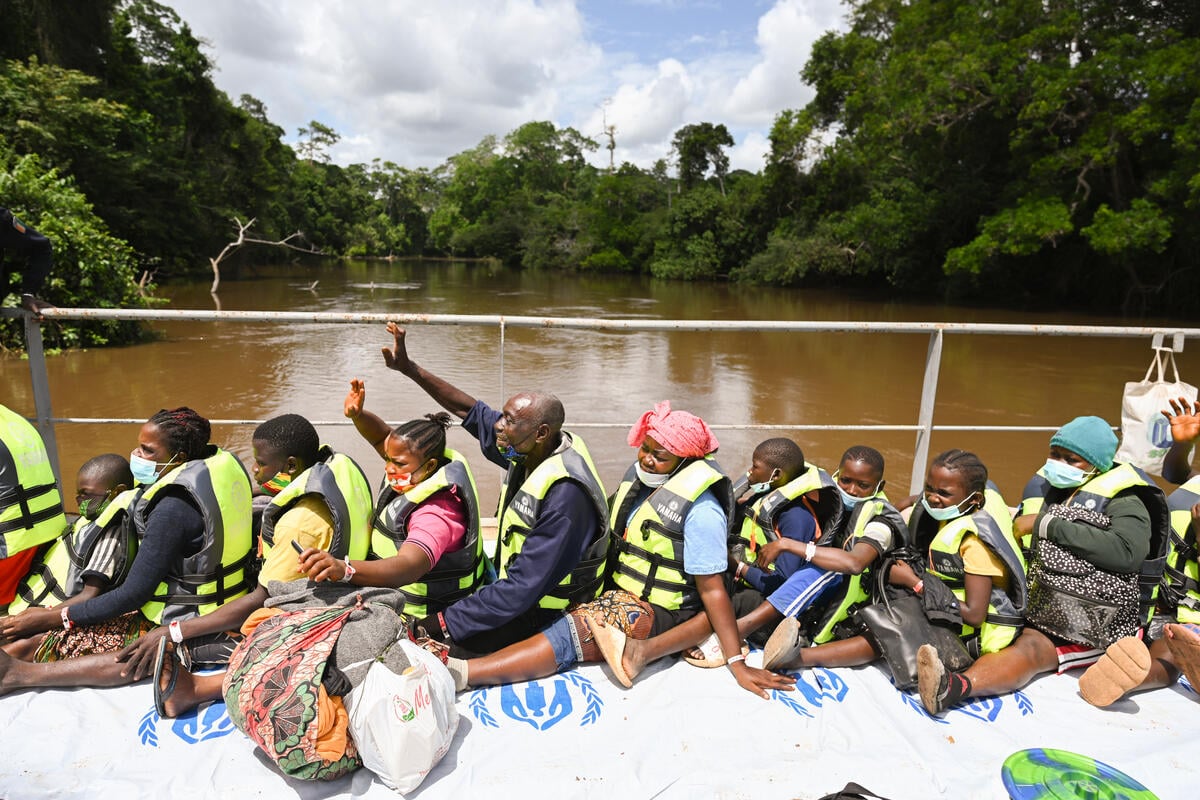Roma former security guard returns to Kosovo to rebuild a life and a future
Roma former security guard returns to Kosovo to rebuild a life and a future

PRISTINA, Kosovo, November 16 (UNHCR) - Ukshin Toplica only felt he was really back home once he had completed renovating the house he had been forced to flee a decade ago in the Kosovo capital of Pristina.
"Now my house is finished, I have never felt better," 49-year-old Ukshin proudly told visitors to his home. "There is no place quite like my own home." He's also in good spirits because he has successfully set up a small business, with seed funding from UNHCR, that provides for his family of 11 in hard economic times.
But for many years Ukshin thought he might never return to Kosovo from exile in the neighbouring Former Yugoslav Republic of Macedonia. "I always wanted to bring my family back. But we were told that Albanians had occupied all the houses in our old neighbourhood, so we felt we could not safely return."
It wasn't always like that. For years, Ukshin and his family of Albanian-speaking Roma, also known as Ashkalia, lived happily alongside ethnic Albanians in the Vranjevc district of Kosovo's capital, Pristina. Ukshin worked as a security guard. "The salary was enough to provide for my family, and before the conflict we lived comfortably," he recalled.
But the life of the Toplica family was thrown into turmoil when NATO (North Atlantic Treaty Organization) intervened militarily in late March 1999 after demanding the withdrawal of Serbian security forces from Kosovo and an end to discrimination against Kosovo's Albanians.
"Everyone left their homes once the bombing started in Kosovo," Ukshin recalled, adding that his family followed their Albanian neighbours and fled to Macedonia. "We had no option," he stressed. In contrast, most of Kosovo's non-Albanian speaking Roma fled overseas when the conflict was over.
Around 1 million people sought shelter in Macedonia and other countries during the conflict, which ended in June 1999 when Serbian forces pulled back and NATO troops were sent into the territory. The return of the Albanians triggered an exodus of some 200,000 Serbs, Roma, Ashkalia, Egyptians and other minorities.
"We were all very scared," Ukshin said of his family's flight to Macedonia. In the rush, they were separated and arrived in different areas of northern Macedonia. "After three days, I was reunited with my family in Skopje. It was very frightening and depressing because we never knew what was going to happen next."
Ukshin and his wife, Hatixhe, struggled to clothe and feed their seven children in Skopje. Two more were born in the Macedonian capital. With a monthly housing allowance of 210 euros from UNHCR, they rented a house on the outskirts of Skopje. "I had hardly any opportunity to work. Occasionally, I cleaned the streets for a little money. We depended on UNHCR for support," he revealed.
Over the years, some 16,000 Serbs and Roma returned to Kosovo, but the Toplicas were worried about the situation and waited until November last year before returning. "I went to UNHCR in Skopje and registered my family for return and UNHCR brought us here. The day we returned to Kosovo was really emotional, my wife and children could not believe that we had made it back home," Ukshin said.
The family moved back into their renovated home in their old neighbourhood. UNHCR staff in Pristina visit the family on a regular basis to monitor their reintegration. It has been a challenging year. Amid the global recession, they faced economic difficulties in an area where almost half the adult population is unemployed. But they benefitted from an aid package provided by UNHCR and its partners, including food for up to six months and non-food assistance.
Ukshin also joined a UNHCR-backed income-generation project to help returnees learn new skills and become self-reliant. He bought a mini tractor and trailer to collect plastic and scrap which he sells to a recycling company. He also uses the vehicle to provide a transport service in his neighbourhood. "I have my own business," Ukshin says, adding: "We can live from our own money and effort."
The Toplica family members feel fully integrated in their community. As for other returnees to Kosovo, the main challenge is to improve their living conditions and ensure their economic livelihood. UNHCR continues to offer help and advice.
By Cesar Pineda in Pristina, Kosovo

